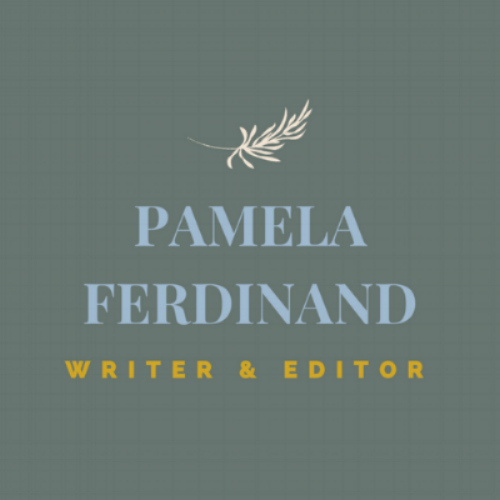Opening Lines
"The elven city of Losstii faced towering sea cliffs and abutted rolling hills that in the summer were covered with blankets of flowers and in the winter were covered with blankets, because the elves wanted to keep the flowers warm and didn’t know much at all about gardening."
— Kat Russo
If that was the first sentence of a book, would you read on? Doubtful, and that's what made it one of the 2017 winners of an unusual writing competition.
For more than 30 years, the English Department at San Jose State University has sponsored the Bulwer-Lytton Fiction Contest — "a whimsical literary competition that challenges entrants to compose the opening sentence to the worst of all possible novels." A minor Victorian novelist frequently called upon to judge writing contests, Edward George Bulwer-Lytton coined such commonly used phrases as "It was a dark and stormy night," “The pen is mightier than the sword,” “the great unwashed,” and “the Almighty dollar.” (Btw, "Batman" director Tim Burton chose his ancestral estate at Knebworth as the setting for “stately Wayne Manor.”)
One of my Boston friends used to host his own version of the contest after covering his living room walls with blank paper and supplying magic markers for guests. A few years ago, my family followed suit and hosted a morning Bulwer-Lytton contest in our home prior to a major renovation. Its bare space provided the perfect canvas, and our rules were simple, if less than gracious: "Each entry must be one sentence, completely original, and no longer than 60 words. We'll have pens. We might have coffee if we're up in time to get it. We'll crack champagne if you need it for inspiration. No dress code. Pajamas are fine. Everyone out by 12:30 unless you want to help us pack."
What I think we all discovered, myself included, is just how hard it is to write truly bad opening sentences, especially if you disdain romance novels. Good opening sentences are even more difficult to write, which is a shame because it's the first thing — and sometimes the only thing — a prospective reader will see. Whether it's a cover letter, book proposal, fiction or nonfiction work, it's worth taking time to craft an opening sentence that hooks your reader and captivates them enough to make them want to read on. It can be entertaining, emotional, shocking or fascinating — yet regardless, it takes practice to hone your ability to create a tone and purpose with your opening line.
In journalism, the traditional hard news lede (the first sentence of a news story) includes the “Five W’s”: who, what, when, where, and why. But sometimes the best way to start a piece is a telling anecdote that reflects an important aspect of the work. This is true of other types of writing as well. In other words, your opening sentence becomes like a flashlight shining down into the story, says the writer John McPhee. And sometimes that opening line becomes more apparent when you delete your first (and possibly second) paragraph; it may be hiding in plain sight.
Use an active voice and strong verbs. Make every word count. Show when you can; tell when you have to. Play with unexpected juxtapositions. A classic journalism example is crime writer Edna Buchanan’s lede for her Miami Herald story about an ex-con at a fast food restaurant who ordered a three-piece box of fried chicken. Told they were out of fried chicken, he slugged the woman at the counter in the head and, in the end, he was shot dead by a security guard. Buchanan’s opener: “Gary Robinson died hungry.”
Your opening sentence doesn’t have to be short and witty to be effective, though. It just has to work. Consider the surprise factor (and effectiveness) of this opening line from George Orwell's dystopian novel "1984":
“It was a bright cold day in April, and the clocks were striking thirteen.”
Or read the lyrical opening to A Tale of Two Cities by Charles Dickens: “It was the best of times, it was the worst of times, it was the age of wisdom, it was the age of foolishness, it was the epoch of belief, it was the epoch of incredulity, it was the season of Light, it was the season of Darkness, it was the spring of hope, it was the winter of despair, we had everything before us, we had nothing before us, we were all going direct to heaven, we were all going direct the other way — in short, the period was so far like the present period, that some of its noisiest authorities insisted on its being received, for good or for evil, in the superlative degree of comparison only.”
Me? I'd read on.
What is your favorite opening sentence in a book or article?
